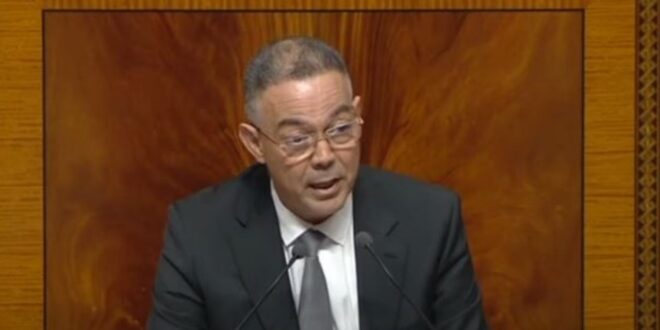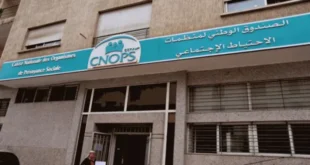During the public session of the Moroccan House of Representatives on Monday, December 2, 2024, Fouzi Lekjaa, the Minister Delegate for the Budget, delivered an important speech outlining the government’s tax reforms. These reforms are part of a broader strategy aimed at increasing tax revenue and reducing the tax burden on citizens and businesses while fostering a better economic and financial climate for Morocco.
Lekjaa highlighted that the current tax reforms are part of Framework Law No. 69-19, which was adopted following extensive consultations with political parties, trade unions, civil society organizations, and business leaders. This law, he emphasized, represents a collective effort to modernize the tax system in line with the needs of the national economy. He also discussed developments in the tax system introduced through various finance bills since 2023.
He detailed the tax measures introduced in the 2023 Finance Bill, including the unification of corporate tax rates. These reforms raised tax rates for companies earning annual profits exceeding MAD 100 million while reducing taxes for small and medium-sized enterprises (SMEs) facing high tax burdens. These measures, according to Lekjaa, aimed to support SMEs, the backbone of Morocco’s economy, resulting in a 14% increase in tax revenues.
The minister emphasized the importance of simplifying the value-added tax (VAT) structure into three main tiers. This change reduces the burden on SMEs and minimizes market distortions affecting Morocco’s competitiveness. He also discussed the anticipated rise in tax revenues through broadening the tax base, facilitated by withholding taxes at the source, which aims to combat tax evasion and improve transparency in financial transactions.
Looking ahead, Lekjaa outlined tax reductions for low-income individuals included in the 2025 Finance Bill. Salaries below MAD 6,000 will be exempt from income tax, benefitting 80% of taxpayers. He stressed that such reforms would alleviate the financial burden on lower-income groups, fostering economic growth and improving citizens’ living standards.
The minister underscored that these tax reforms are not solely about increasing state revenue but also enhancing national economic competitiveness while ensuring transparency and combating corruption. Between 2021 and 2024, these measures have significantly boosted state revenue, with an increase of MAD 127 billion, reflecting 63% growth.
Lekjaa concluded by reaffirming the Moroccan government’s commitment to pursuing sustainable financial reforms. These efforts aim to strike a balance between revenue growth and reducing the financial burden on citizens and businesses. He described these reforms as a vital step toward creating a more transparent, equitable, and efficient financial system for Morocco.
source : fesnews media
 فاس نيوز ميديا جريدة الكترونية جهوية تعنى بشؤون و أخبار جهة فاس مكناس – متجددة على مدار الساعة
فاس نيوز ميديا جريدة الكترونية جهوية تعنى بشؤون و أخبار جهة فاس مكناس – متجددة على مدار الساعة













